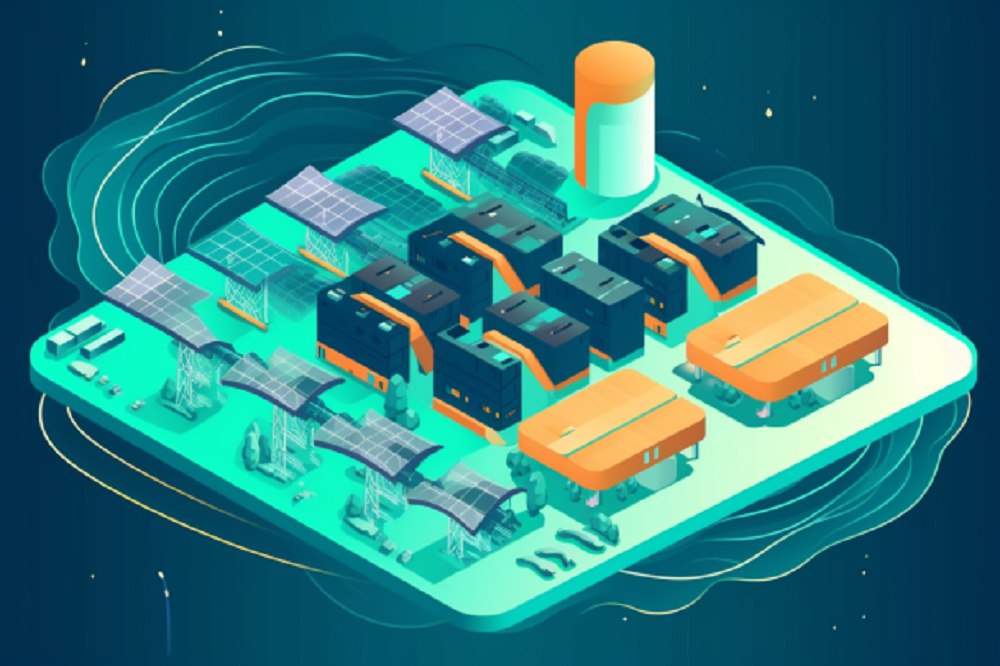Tether, the world’s largest stablecoin issuer, recently announced that it is becoming a first-round investor in El Salvador’s renewable energy project. Three years ago, El Salvador made headlines after it became the first country in the world to recognize Bitcoin as a legal tender legally.
It has now unveiled a $1 billion renewable energy initiative.
The New BTC Mining Site
Despite skepticism and the dwindling crypto market value, El Salvador has persisted with its Bitcoin (BTC) policy. Its most recent move involves the creation of a cutting-edge renewable energy hub in Metapán, dedicated to harnessing the potential of solar and wind power.
This innovative facility aims to provide sustainable energy for various purposes and capitalize on Bitcoin mining operations to monetize its struggling economy. Unsurprisingly, Tether has emerged as one of the key investors in the initial fundraising phase for the creation of Volcano Energy, a state-backed renewable energy site with a capacity of 241 megawatts (MW).
Located in the country’s Metapán region, this state-of-the-art facility will include 169 MW of photovoltaic solar energy and 72 MW of wind power. Furthermore, the electricity generated by the renewable energy park in El Salvador will serve as the primary power source for Bitcoin mining operations.
The stablecoin issuer expects that the computation power of the park will exceed 1.3 exahashes per second. If this happens, the park will rank among the top 20 globally operating mining pools in terms of cumulative Bitcoin mining hash rate.
Paolo Ardoino, Tether’s chief technology officer (CTO), noted that the latest investment signifies Tether’s intent to help expand renewable energy production and crypto mining facilities. It is worth noting that El Salvador officially announced its adoption of Bitcoin as a legal tender in 2021, with President Nayib Bukele attempting to rescue his country’s battered economy.
El Salvador’s Mining Initiative
Historically, mining ventures in El Salvador have primarily concentrated on harnessing the country’s geothermal energy resources. But, with the upcoming solar and wind energy park, activities using these geothermal sources will likely become less frequent.
Bukele’s recent press release alluded to the mining site as a “stepping stone towards our geothermal future,” yet specific details regarding the roadmap were not provided. According to Bukele, the government will play a pivotal role in the strategic planning and implementation of the project.
Additionally, the government has a 23% stake in the generated revenues. Conversely, external investors will collectively own 27% of the venture, while the remaining 50% will be reinvested into enhancing energy production and expanding mining capacities.
According to Ardoino, the stablecoin firm has actively pursued diversification within its “strategic ecosystem.” Its involvement with Volcano Energy is hailed as one of its most innovative initiatives.
Tether has recently been engaged in various investment activities, such as exploring Bitcoin mining opportunities in Uruguay and acquiring additional BTC tokens to bolster its USDT reserves. Due to the limited prospects for new ventures in North America, mining companies and other entities have focused on alternative investment opportunities in regions like Latin America and the Middle East.
These jurisdictions have emerged as attractive destinations for potential developments, offering favorable conditions and opportunities for lucrative investments beyond the shores of North America.
